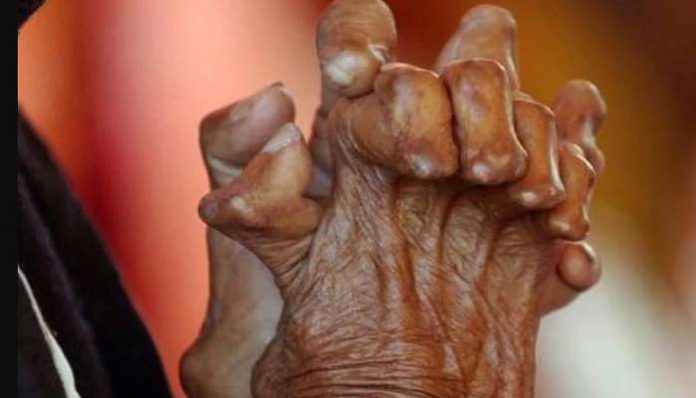Prior to February 2019, many of the Personal Law Statutes on marriage contained provisions which made leprosy a ground for seeking divorce.
These provisions were obviously discriminatory to persons who are affected by leprosy, as far as marriage is concerned.
Many human rights bodies kicked against the said provision. One of such, the National Human Rights Commission recommended that these personal laws, and other legislations, be amended to remove the discriminatory provision against leprous persons.
In its 256th Report, the 20th Law Commission of India recommended that various statutes should be amended to remove the discriminatory provisions against persons with leprosy.
Similarly, the Committee on Petitions of Rajya Sabha, included in its 131st Report, the urgent need for State governments and Ministries to amend this discriminatory provision in the concerned legislations.
The Supreme Court issued some directions to the State Governments as well as Union Governments, urging them to take steps to rehabilitate and integrate persons who are affected by leprosy into the mainstream. The Court has also urged the State Governments and Union Governments to repeal provisions in statues which are stigmatic to persons with Leprosy.
At the global front, in 2010, India signed and ratified the 2010 United Nations General Assembly Resolution on the “Elimination of Discrimination against Persons Affected by Leprosy and their Family Members’.
In view of the above, the Central Government passed “The Personal Laws (Amendment) Act, 2019 to amend the following statutes.
- Hindu Adoptions and Maintenance Act, 1956 (78 of 1956)
- Divorce Act, 1869 (4 of 1869)
- Dissolution of Muslim Marriages Act, 1939 (8 of 1939)
- Special Marriage Act, 1954 (43 of 1954)
- Hindu Marriage Act, 1955 (25 of 1955)
The personal laws above made leprosy a ground for seeking a divorce. The amendment removed this discriminatory provision.





